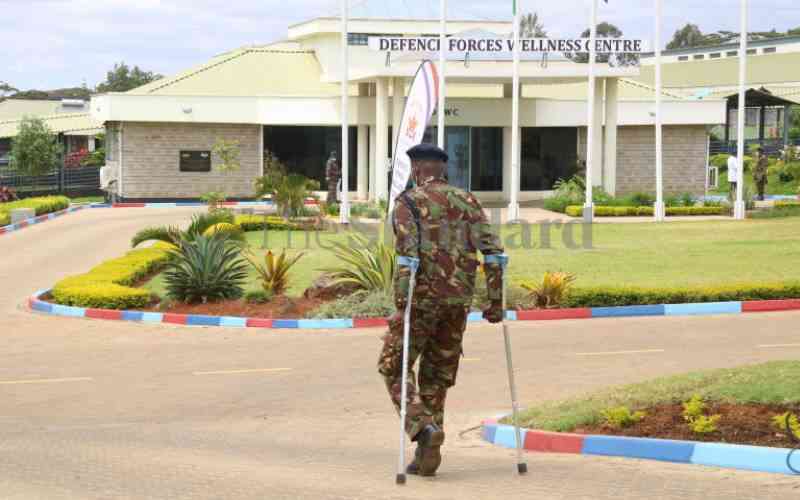
For over a decade, Kenyan soldiers have been fighting the militant al-Shabab group in Somalia alongside other member states of the African Union Mission in Somalia (Amisom).
The militant group's incursions had left the country and its citizens hurt and bleeding.
For example, the attack that was organised and executed by al-Shabab on Garissa University College, which left 148 dead, and Dusit Hotel in Nairobi, which left 21 dead.
Facts First
Unlock bold, fearless reporting, exclusive stories, investigations, and in-depth analysis with The Standard INSiDER subscription.
Already have an account? Login
 The Standard Group Plc is a multi-media organization with investments in media
platforms spanning newspaper print
operations, television, radio broadcasting, digital and online services. The
Standard Group is recognized as a
leading multi-media house in Kenya with a key influence in matters of national
and international interest.
The Standard Group Plc is a multi-media organization with investments in media
platforms spanning newspaper print
operations, television, radio broadcasting, digital and online services. The
Standard Group is recognized as a
leading multi-media house in Kenya with a key influence in matters of national
and international interest.

